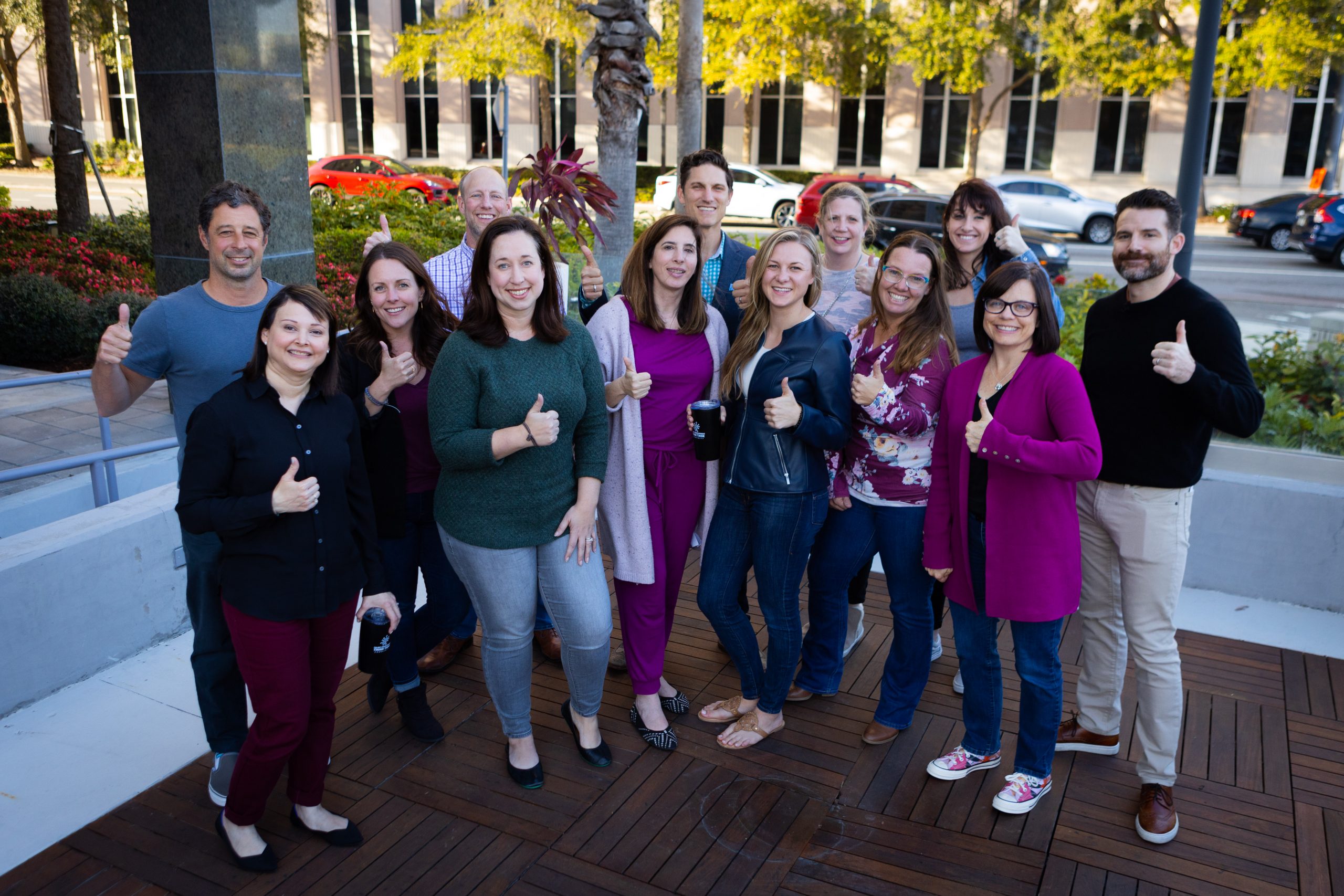Strategies for Leaders to Support Employees with their Career Journey
For leaders, one of the most important responsibilities is to foster an environment that supports employee growth and development. By empowering employees to take ownership of their careers, leaders not only boost individual success but also promote overall organizational growth. In this blog post, we will discuss actionable strategies that leaders can adopt to support their employees with their careers.
1. Establish a Coaching Culture:
Leaders should adopt a coaching mindset and encourage open dialogue with employees about their career aspirations. By actively listening, providing guidance, and offering constructive feedback, leaders can help employees identify their strengths, interests, and areas for growth. This approach fosters trust, engagement, and personal development.
2. Provide Growth Opportunities:
Organizations that prioritize employee development see higher retention rates and increased employee satisfaction. Leaders can support their employees by identifying growth opportunities within the company, such as cross-functional projects, stretch assignments, or job rotations. Providing access to training programs, workshops, and conferences also demonstrates a commitment to employee growth.
3. Offer Mentorship Programs:
Mentorship programs can greatly benefit employees by connecting them with experienced individuals who can offer guidance and support. Leaders can develop mentorship initiatives within the organization to facilitate meaningful connections between mentors and mentees. By pairing employees with mentors who align with their career goals, leaders create valuable learning opportunities and promote career advancement.
4. Foster a Learning Culture:
Leaders should encourage continuous learning within the organization. This can be achieved by providing access to online courses, industry-specific resources, and professional development workshops. By investing in employee skill-building, leaders demonstrate their commitment to employee growth and development.
5. Encourage Networking and Collaboration:
Leaders can facilitate networking events or create platforms for employees to connect with colleagues, industry professionals, and mentors. Encouraging employees to attend conferences, industry events, or participate in virtual networking groups fosters professional relationships and expands their professional network. Collaboration opportunities can also be created by organizing cross-functional projects or encouraging knowledge-sharing among teams.
6. Recognize and Celebrate Achievements:
Acknowledging and celebrating employees' accomplishments is crucial in creating a culture of appreciation and motivation. Leaders should recognize and publicly celebrate milestones, promotions, or significant achievements to inspire others and create a supportive environment for career growth.
7. Promote Work-Life Balance:
Leaders play a vital role in creating an environment that supports work-life balance. By promoting flexible work arrangements, encouraging employee well-being initiatives, and ensuring reasonable workloads, leaders enable employees to better manage their personal commitments while pursuing their career aspirations.
8. Foster Open Communication:
Leaders must promote a culture of open communication where employees feel comfortable discussing their career aspirations and concerns. Regular check-ins, one-on-one meetings, and constructive feedback sessions provide opportunities to discuss career development plans, set goals, and address any challenges or roadblocks.
Leaders have the power to significantly impact the growth and success of their employees' careers. By fostering a supportive and inclusive environment, providing growth opportunities, and promoting continuous learning, leaders can empower their employees to take ownership of their career development. The result is a workforce that feels valued, motivated, and aligned with the organization's mission and goals.
Listen to the podcast episode here:
Join us in the Think Tank Community!
The Talent Development Think Tank Community is where talent development professionals come together to share best practices, discover the latest trends, hear from experts and solve challenges so that they can perform better in their jobs and help their companies develop their people more effectively. If you are looking for new ways to engage and develop your people and accelerate your career success, this is the place for you. We have two levels to accommodate the different phases of where you are in your talent development career and journey.

